1. Cinnamon. Studies show that only 1/2 teaspoon of cinnamon per day can lower LDL cholesterol. Also, cinnamon may have an impact as a regulator of blood sugar, making it especially beneficial for people with type 2 diabetes. In some studies, cinnamon showed an amazing ability to stop persistent fungal infections. In a study published by researchers at the U.S. Department of Agriculture in Maryland, cinnamon reduced the proliferation of cancer cells in leukemia and lymphoma.
2. Stevia. Stevia is a sweet, virtually calorie-free herb that grows naturally in South America, where locals have used it for hundreds of years. It can be purchased in the form of granules, sugar substitute (much like the popular artificial sweeteners) or liquid form. Eating stevia is done worldwide. It has been used since 1970 in Japan and has become one of the most popular sweeteners there.
3. Honey. Unlike sugar, honey contains many vitamins and minerals that are beneficial to the human body. Bees add a special enzyme to the nectar that splits sucrose into glucose and fructose - two simple sugars for our bodies, which can be absorbed directly. Therefore, honey has a healthier glycemic index.
4. Malt. Malt is a typical sugar substitute and these two products often replace each other, even in the production of beer. Although malt sugar is much less sweet than white sugar, it is one of its healthier substitutes.
5. Agave syrup. The taste of agave is comparable to that of honey, though not identical. For people who do not like honey, it turns into a pretty good choice. It is often used as a vegan substitute for honey. agave syrup is also celebrated as a healthy natural sweetener that does not affect blood sugar levels.
6. Maple syrup. This syrup is one of the many wonders of the world. This is a viscous liquid with a characteristic sweet taste, which contains more minerals and fewer calories than honey.
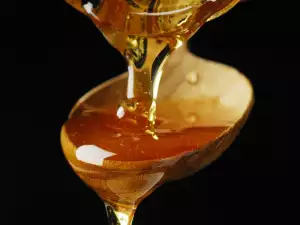
7. Palm syrup. Palm syrup is a kind of sweet syrup derived from the sap of several varieties of palm tree. It is one of the healthiest sugar substitutes that contain many nutrients.
8. Rice syrup. Rice syrup is a natural sweetener that is made from cooked fermented rice, the starch in which is converted into sugars.
9. Coconut sugar. Coconut sugar is made from the sap of coconuts. It can take the form of soft paste, dried blocks or in granular form. It may be noted that it has a low glycemic index and is very suitable for people with diabetes.
10. Dates. Sugar obtained from dates goes through minimal heat treatment and is considered more natural and healthy than sugar derived from sugar beets and sugar cane. It can be used as a substitute in many recipes that do not require melting of sugar.
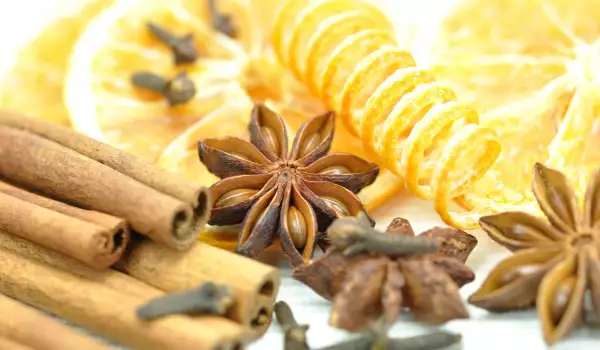
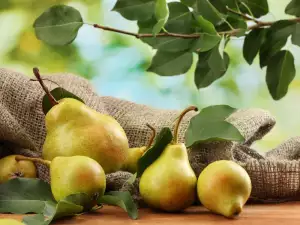

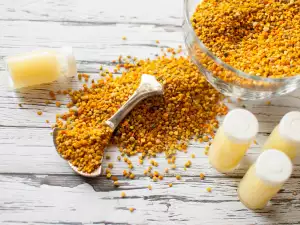



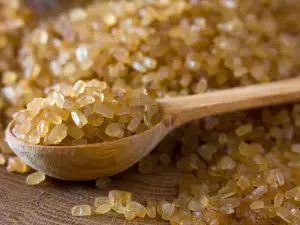
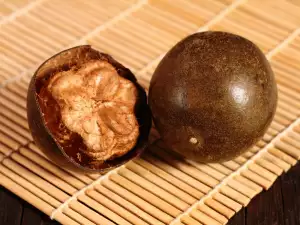
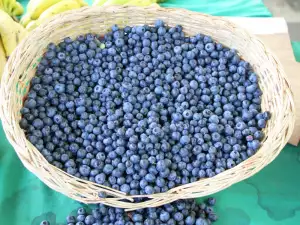
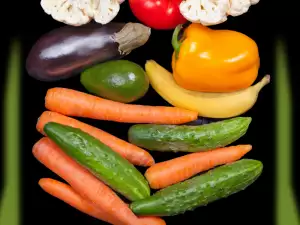
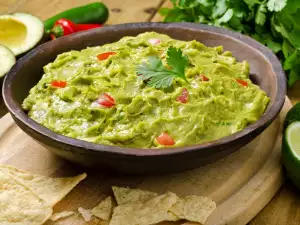
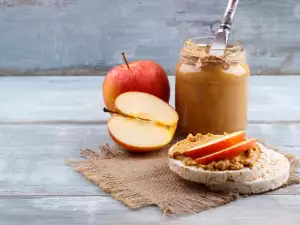
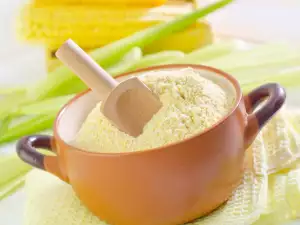
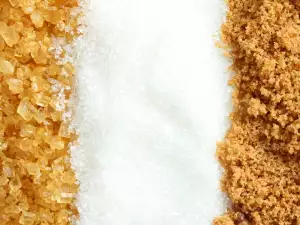





Comments